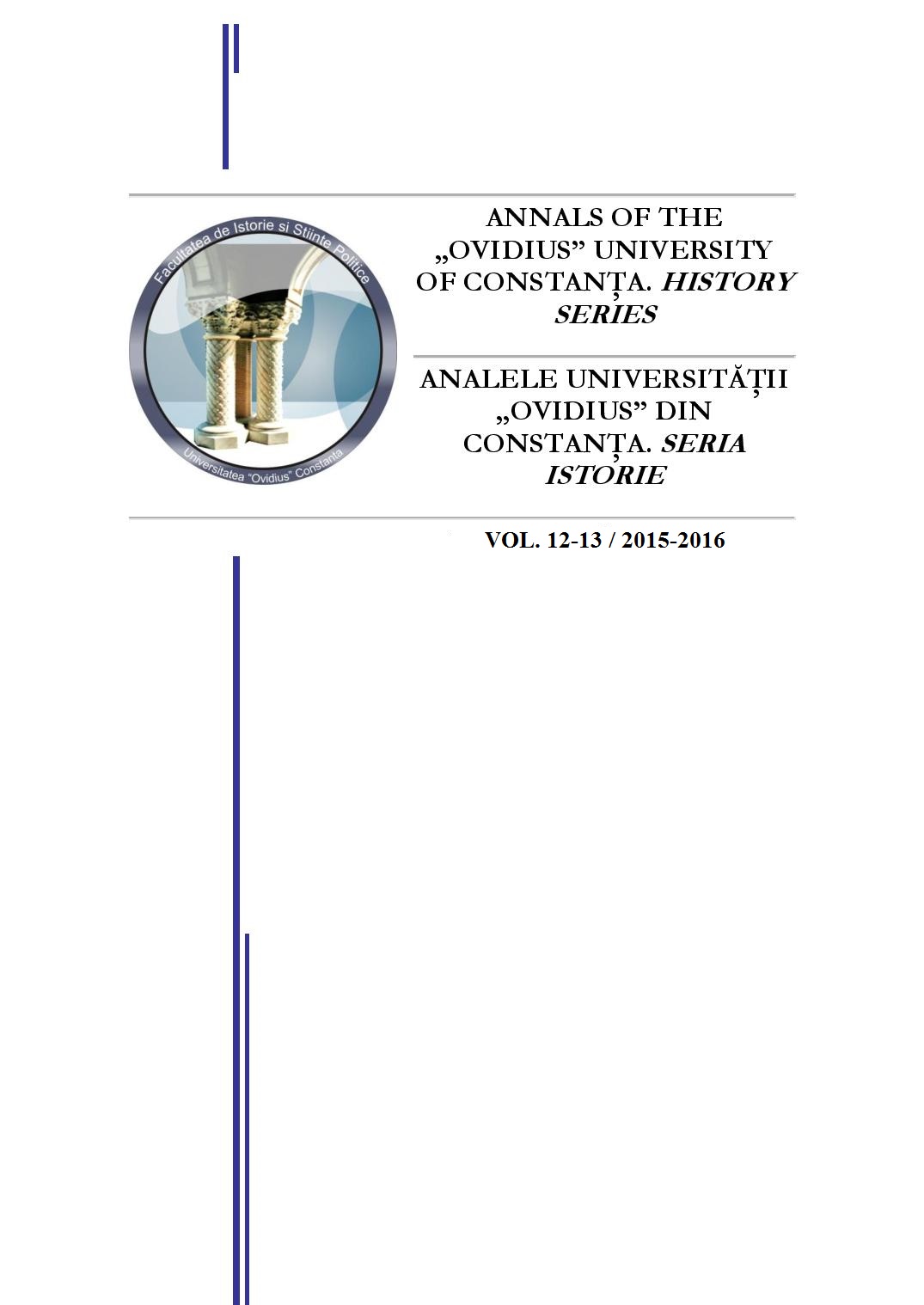IN THE SEARCH OF THE SPACE OF IDENTITY: THE EMIGRATION OF THE TURKS AND TATARS IN THE COMMUNITY’S ELITE VIEW (1878-1940)
IN THE SEARCH OF THE SPACE OF IDENTITY: THE EMIGRATION OF THE TURKS AND TATARS IN THE COMMUNITY’S ELITE VIEW (1878-1940)
Author(s): Metin OmerSubject(s): History
Published by: Ovidius University Press
Keywords: Tatars; Turks; Emigration; Dobrudja; Crimea; Turkey;
Summary/Abstract: Undoubtedly, emigration was one of the most important processes that have marked the history of the Turks and Tartars in Romania. Part of the Ottoman Empire since the 15th century, Dobrudja, has gathered over time an important population of Turks and Tatars. After 1878 when they became subjects of a state with totally different traditions than the Ottoman ones, Turks and Tatars started to seek ways to protect their interests. This concern has generated much debate among intellectuals supporting the emigration to Anatolia and those who opposed leaving Dobrudja. In this paper we analyze the main arguments used by Turk and Tatar intellectuals, present the means by which they were promoting their ideas and follow the effects the discussions have had on the decision to leave Dobrudja. The emigration phenomenon caused a great debate among Turkish and Tatar elite. Their main point of discussion was the identification of the territory where the community can preserve its pillars of identity: religion, language and customs. All these debates were also influenced by the policies promoted by the Ottoman Empire and after 1923 by its successor, the Republic of Turkey. Until the World War I, the arguments used in the debate had a religious substrate. This situation changed after the emergence of the Republic of Turkey when the main motivation started to be an ethnical one. In the interwar period, following the development of a Tatar national movement in Dobrudja, Crimea became a new possible destination. Although this idea never materialized, remaining only in theory, leaders of the Tatar national movement in Dobrudja have made considerable efforts to achieve it. However, it should be noted that elite’s positions were largely shaped by the realities of geopolitical and domestic premises in Romania and the Ottoman Empire or the Republic of Turkey. Often, these views have created strong movements in society, even against the economic, social and political premises.
Journal: Analele Universităţii Ovidius din Constanţa - Seria Istorie
- Issue Year: 2016
- Issue No: 12-13
- Page Range: 47-62
- Page Count: 16
- Language: English
- Content File-PDF

